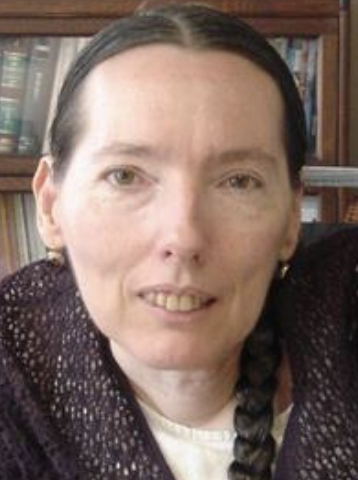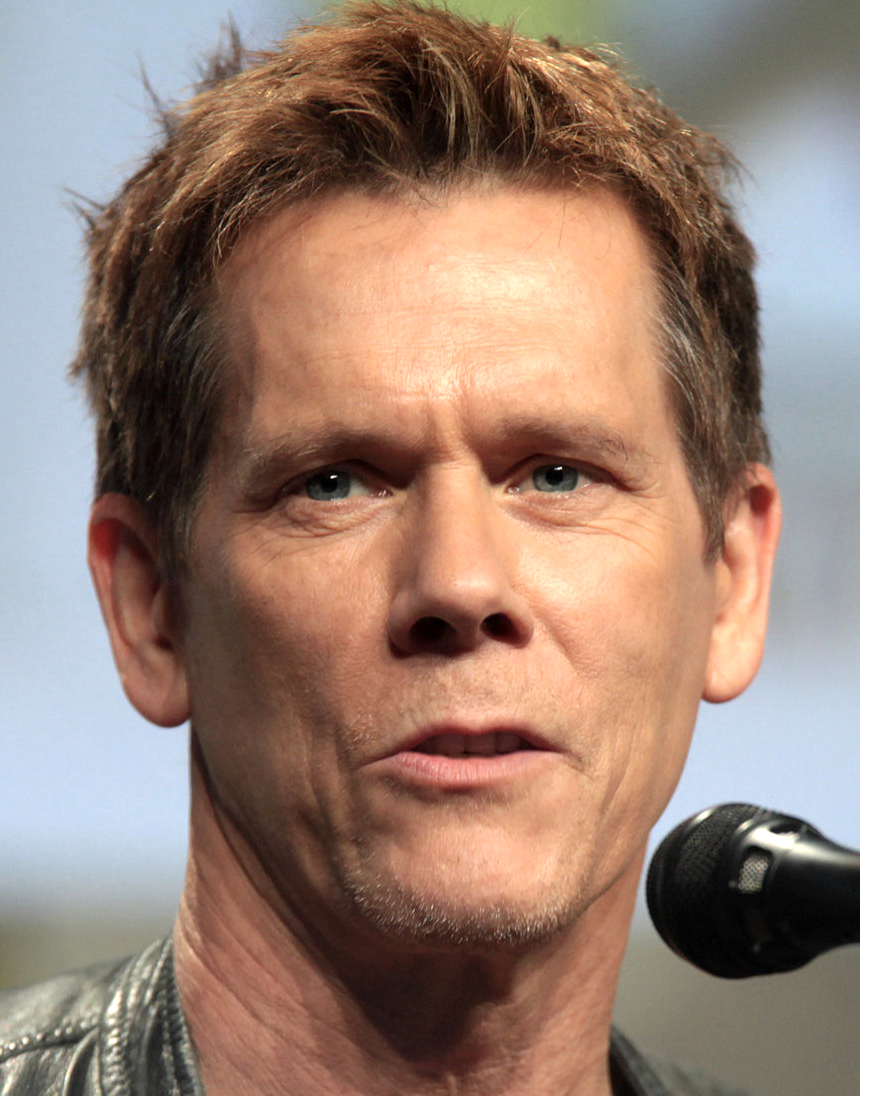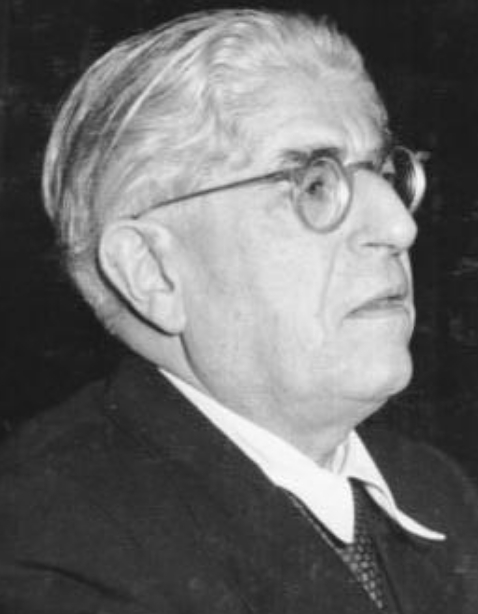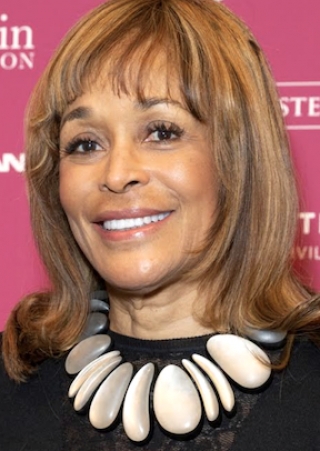July 8
Harriet Johnson

On this date in 1957, Harriet McBryde Johnson was born in eastern North Carolina. Johnson was a civil rights lawyer in Charleston and a disability rights advocate. She advocated for the passage of the Americans with Disabilities Act, and spoke powerfully about her own experience with her disability. Johnson was born with a degenerative neuromuscular condition — she was unconcerned with the specific diagnosis — and used a motorized wheelchair as an adult. She represented disabled people in court, ran for local office and was active in the disability-rights group Not Dead Yet, which advocates against physician-assisted suicide and opposes the idea of euthanasia of severely disabled infants.
Johnson was involved in a private correspondence with philosopher Peter Singer, also an atheist. The two debated the idea of euthanasia of severely disabled infants at Princeton University in 2003. Johnson published many opinion pieces and personal narratives in national newspapers, such as The New York Times, and wrote two books, Too Late to Die Young (2005) and Accidents of Nature (2006). She also spoke out against the “charity mentality” surrounding disability, and was publicly opposed to the “Jerry Lewis Muscular Dystrophy Telethon.” (D. 2008)
“As an atheist, I think all preferences are moot once you kill someone. The injury is entirely to the surviving community.”
— Johnson, quoted in The New York Times (Feb. 16, 2003)
Kevin Bacon

On this date in 1958, actor Kevin Bacon was born in Philadelphia. Bacon was educated at the Circle in the Square theater school in New York City and, after leaving home at 18, the Manning Street Actor’s Theater. At age 20, Bacon debuted as Chip Diller in “Animal House” (1978). Bacon later appeared in a wide range of movies, including “Friday the 13th” (1980), “Diner” (1982), “Footloose” (1984), and “A Few Good Men”(1992). He played atheist character David Labraccio in “Flatliners” (1990).
His prolific acting career is the basis for the trivia game “Six Degrees of Kevin Bacon,” in which players try to connect any person who has appeared in a film to Kevin Bacon through six or less degrees of separation. He has also worked as a director, directing his first film, “Losing Chase,” in 1996. He is a member of the band The Bacon Brothers along with his brother Michael. Bacon and actress Kyra Sedgwick married in 1988 and have two children, Travis, born in 1989, and Sosie, born in 1992.
In a 2005 interview with The Times of London, Bacon said, “I don’t believe in God.” Along with being a nonbeliever, Bacon is passionate about church-state separation. The Bacon Brothers were featured in the 2008 film “Everything You Always Wanted to Know About Separation of Church and State (But Were Afraid to Ask),” in which they performed their song “Children.”
The song speaks out about the harm inflicted on children by religious violence, with lyrics such as “Please don’t hurt the children, please lay down the rod / Please don‘t send your bombs in and say you‘re doing the work of God.” “It has to do with God and war and how they get jumbled up sometimes, and how a lot of times it is the children that suffer from the combination of those two things,” Bacon said during an interview at the time.
PHOTO: Bacon speaking at the 2014 San Diego Comic-Con; Gage Skidmore photo under CC 2.0.
“I think there is a puritanical wind that is blowing. I have never seen such a lack of separation between church and state in America.”
— Bacon, interviewed by The Times of London (2005)
Ernst Bloch

On this date in 1885, German Marxist philosopher Ernst Bloch was born in Ludwigshafen in the German Empire. Bloch, the son of a railway worker in a family of assimilated Jews, drew on the work of German philosophers such as Kant, Schilling and Hegel, and developed his opposition to industrial capitalism at a young age. Like many of his colleagues — such as Theodor Adorno, Walter Benjamin, Bertolt Brecht, and Georg Lukacs — his radical politics and Judaism necessitated he flee Germany with the rise of Nazism.
The prevailing concern of Bloch’s major works is the concept of utopia. His first book, Spirit of Utopia (1918), demonstrated the radical ingenuity of his conception of utopia, which he viewed as a present force in the real world.
In his 1968 book Atheism in Christianity, Bloch challenged the notion that atheists must uniformly denounce religious convictions and traditions. Bloch examined Christianity’s social roots, biblical utopianism and anti-authoritarianism, contending there was an unexplored heresy concealed in the bible covertly suggesting that the “good Christian” was also an atheist.
Bloch insisted that skeptics and thinkers move beyond the “crude intellectual polarization” between scientists, philosophers, theorists and believers. (D. 1977)
“[Our church] bristles at see-through blouses, but not at slums in which half-naked children starve, and not, above all, at the conditions that keep three-quarters of mankind in misery. It condemns desperate girls who abort a foetus, but it consecrates war, which aborts millions.”
— Bloch, "Man on His Own: Essays in the Philosophy of Religion" (1959)
Faye Wattleton

On this date in 1943, reproductive rights activist Alyce Faye Wattleton was born in St. Louis. Her mother was a Church of God minister who frequently preached in various locations, and her father was a construction worker. She spent much of her early childhood in the care of family and church members in different states while her mother evangelized.
Wattleton graduated from Calhoun High School in Port Lavaca, Texas. In an interview for O, The Oprah Magazine (December 2001), she said: “I was raised in a very sheltered, narrow environment. No smoking, drinking, dancing, movies. My mother taught me a lot of things, but they had big presuppositions built in — like her expectation that I’d be a missionary nurse in a religious order.” Her mother believed no profession was worth pursuing unless it also had a religious purpose.
She received her B.S. in nursing from Ohio State University in 1964 and her M.S. in midwifery and maternal and infant health from Columbia University in 1967. She later said that studying for a midwifery master’s was “perhaps the most dramatic phase and turning point in my life.” In between degrees, she taught maternity nursing in Dayton, Ohio.
Wattleton was named executive director of Planned Parenthood in Dayton in 1971, married jazz musician Franklin Gordon in 1972 and gave birth to their daughter Felicia in 1975. They divorced when Felicia was 6. In 1978 she was named president of the Planned Parenthood Federation of America — its youngest and first African-American president and its first woman president since founder Margaret Sanger. She held this position until 1992. She then led the Center for the Advancement of Women and hosted a Chicago-based talk show.
In 1993 she was inducted into the National Women’s Hall of Fame. Her memoir Life on the Line was published in 1996. Wattleton co-founded and directed EeroQ, a quantum computing company. She was the American Humanist Association’s 1986 Humanist of the Year and received the Congressional Black Caucus Foundation’s Humanitarian Award and Planned Parenthood’s Margaret Sanger Award.
In a 2017 interview with W magazine, Wattleton was asked if she was surprised that Planned Parenthood was still under attack by conservative Christians and politicians. “The woman who founded Planned Parenthood went to jail seven times,” she responded. “The progression of this organization in advancing women’s possibilities has always been under attack.”
PHOTO: Wattleton in 2019 at the New York premiere of the PBS documentary “Reconstruction: America After The Civil War.” Photo by Lev Radin/Shutterstock.com.
“If I was to be a nurse, [people with beliefs different from mine] needed my care and not my judgment. They needed my compassion and understanding and not my moral values. So I began to really think in a broader context than the narrow religious upbringing of my parents.”
— Wattleton, speaking at a St. Louis bookstore about "Life on the Line" (C-SPAN, Oct. 22, 1996)
Billy Crudup

On this date in 1968, William Gaither “Billy” Crudup was born in Manhasset, N.Y., to Georgann (née Gaither) and Thomas Henry Crudup III. His parents divorced when he was in junior high and remarried when he was in high school before divorcing again.
Crudup (pronounced CREW-dup) has some distinguished lineage, including a North Carolina congressman, a prominent Florida trial lawyer and an Episcopal bishop step-grandfather. But Crudup, who describes himself as an atheist, said the “distinguished” didn’t extend to his father: “He proclaimed he had great faith, but meanwhile he was a bookie and a conman and a loan shark, so I had kind of a dubious relationship with people of faith.” (The Times of London, May 15, 2017)
His family moved several times, including to Texas and Florida, and it’s been surmised that playing the class clown was a way for the new kid to fit in, along with acting in school plays and developing funny impersonations. After graduating from a Florida Catholic high school, he earned a B.A. from the University of North Carolina at Chapel Hill.
After moving in with a brother, he earned an M.F.A. from New York University’s Tisch School of the Arts in 1994. He joined The Lab! theater troupe and played Schroeder in the children’s musical “You’re A Good Man, Charlie Brown.” He won the Outer Critics Circle Outstanding Newcomer Award for his Broadway performance in Tom Stoppard’s “Arcadia” in 1995.
He won a Tony for Best Featured Actor in a Play in the 2006 Broadway production of Stoppard’s “The Coast of Utopia,” a nine-hour trilogy. By that time he had demonstrated his acting chops in movies, most notably as a ’70s rocker in Cameron Crowe’s “Almost Famous” (2000), hailed by Roger Ebert as the year’s best film.
“A self-described student of human nature, Crudup has said that he looks for characters wrestling with their mistakes.” (Internet Movie Database) Cate Blanchett, who starred with him in “Charlotte Gray” (2001) and “Where’d You Go, Bernadette?” (2019), described the 5-foot-8-inch Crudup as “incredibly intense.” Others have noted his ability to be both charming and dangerous while displaying alpha-male assurance.
“World Traveler” (2001) opposite Julianne Moore bombed at the box office and with critics but ensuing films such as “Big Fish” (2003), “Mission: Impossible III” and “The Good Shepherd” (both in 2006) were successful. Appearing as Joseph Merrick in a 2002 revival of “The Elephant Man” on Broadway wasn’t. It closed after 65 performances. He starred with Javier Bardem and Julia Roberts in “Eat Pray Love” (2010), playing Roberts’ ex-husband.
In “Spotlight” (2015), he played a lawyer representing victims of sexual abuse by clergy in the Catholic Archdiocese of Boston. He called the Boston Globe’s uncovering of decades of abuse “gut wrenching … especially if you have a child.” (The Times of London, May 15, 2017) He played a journalist in “Jackie” (2016), a drama starring Natalie Portman as Jacqueline Kennedy.
In “The Morning Show,” which premiered on Apple TV+ in 2019, he plays a network news executive. The series was renewed for a fourth season in 2023. He won the Emmy for Outstanding Supporting Actor in a Drama Series in 2020 and 2024 for his role.
Crudup was in a relationship with actress Mary-Louise Parker from 1996 to November 2003. Four years older than him, she was seven months pregnant with their son William Atticus Parker (b. Jan. 7, 2004) when he ended their relationship and started dating actress Claire Danes, 11 years his junior. They split in 2006.
Parker was devastated. “I am alone. Look, see? I am pregnant and alone. It hurts to even breathe,” she wrote in a 2015 memoir. (Hello! online, June 14, 2023) They had agreed to put their differences aside “for the sake of the baby” and not engage in a custody battle, Parker’s spokesperson told People magazine in 2004. They teamed up to co-star in one of William’s student films when he was 15.
When Crudup married British actress Naomi Watts in June 2023, Parker told The Guardian: “I wish them well. And absolutely I honestly of course wish them every happiness because that’s my son’s father.” He and Watts started dating after they met on the set of the 2017 Netflix drama series “Gypsy.” It was not renewed for a second season. Rotten Tomatoes critics said the “ludicrous plot trudges along, dragging a talented cast with it.”
He participated in 2023 in the annual Charity Day hosted by the Cantor Fitzgerald Relief Fund in New York City. The fund provides financial support to families impacted by acts of terrorism, natural disasters and other emergencies, including members of the military. It was established by the financial services firm in response to the loss of 658 employees in the World Trade Center attacks on Sept. 11, 2001, and has since raised over $300 million.
PHOTO: Crudup in 2015 at the PEN Gala at the American Museum of Natural History; photo by Beowulf Sheehan/PEN American Center under CC 2.0.
“We’re living in a world with a lot of religious zealotry right now. So it does breed distrust in people who have a faith, a belief system that allows them to do horrific things. For instance, not believe in science. … It does bring up a fear in people when people’s rational minds are silenced by their fundamental belief system. So playing a character who is wrestling with that himself was a very interesting thing.”
— Crudup, on playing a person of faith in "Alien: Covenant" (Arizona Republic, May 16, 2017)
